Honors Algebra I builds a deep understanding of linear, quadratic, and exponential relationships. Students learn through discovery and application, developing the skills they need to break down complex challenges and demonstrate their knowledge in new situations.
Course topics include an introduction to functions and problem solving, measurement; problem solving with basic equations and formulas, linear equations and systems of linear equations, exponents and exponential functions, sequences and functions, descriptive statistics, polynomials and factoring, quadratic equations and functions, and function transformations and inverses.
This course supports students as they develop computational fluency, build conceptual understanding, and apply mathematical practice skills. Students begin each lesson by discovering new concepts through guided instruction, then confirm their understanding in an interactive, feedback-rich environment. Modeling activities equip students with tools for analyzing a variety of real-world scenarios and mathematical ideas. In these activities, additional items require Honors students to extend their understanding by answering “what if” questions, thinking abstractly about the mathematics involved, and analyzing the strengths and weaknesses of the model as a reflection of the real-world situation. Performance tasks prepare students to synthesize their knowledge in novel, real-world scenarios and require that they make sense of multifaceted problems and persevere in solving them. Honors students are required to go deeper into these investigations; for example, they may be asked to change or validate assumptions, add constraints, or extend the project. Journal activities allow students to reason abstractly and quantitatively, construct arguments, critique reasoning, and communicate precisely. Throughout the course, students are evaluated through a diversity of assessments specifically designed to prepare them for the content, form, and depth of high-stakes assessments.
2 semesters, 1 credit

